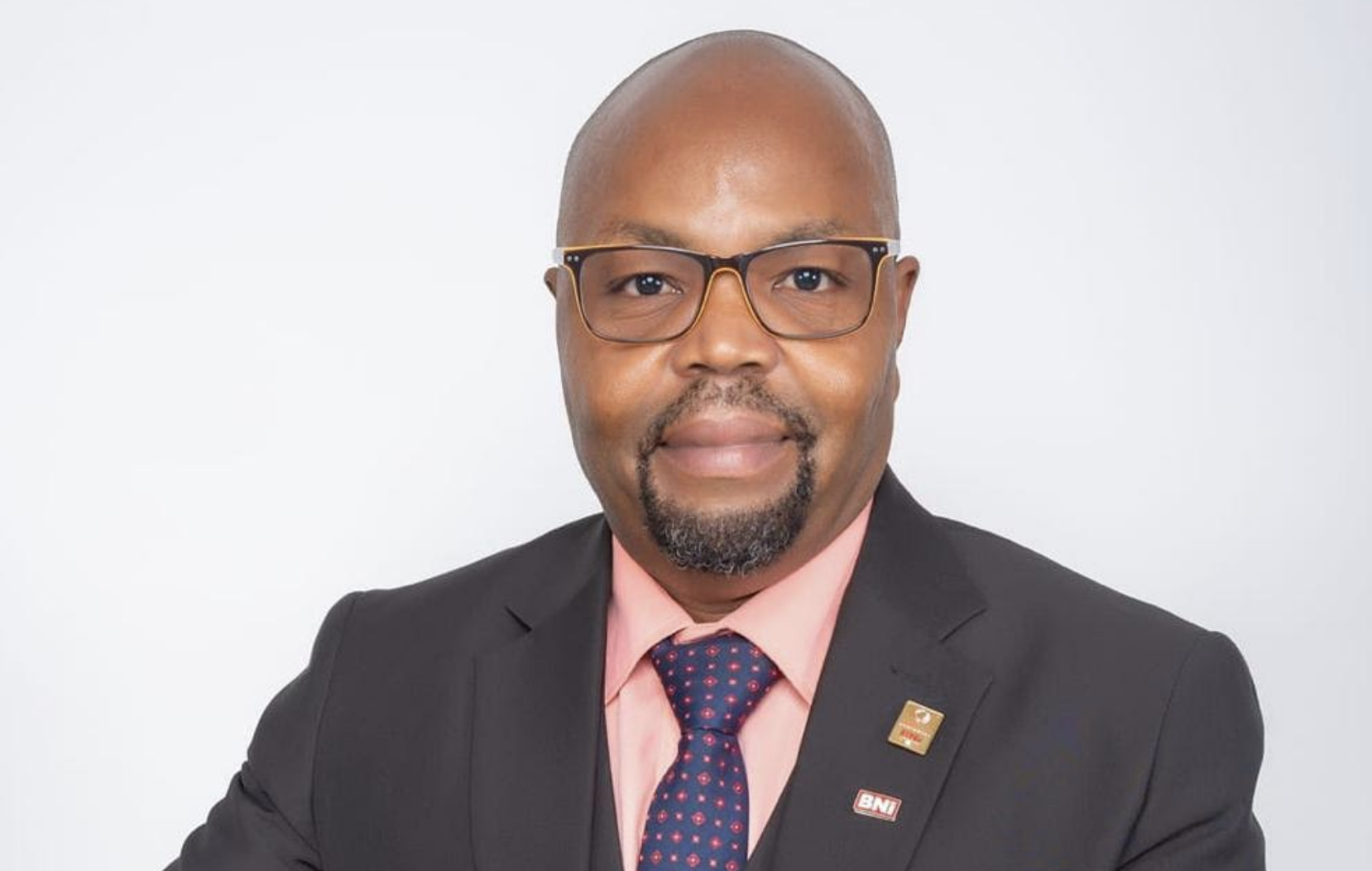Diageo has announced a sweeping cost-saving strategy amounting to approximately Sh65 billion by 2028, coupled with significant asset sales, in an attempt to steady its financial footing and ease investor concerns after a turbulent period.
The British spirits giant behind Johnnie Walker whisky and Guinness stout unveiled the plan on Monday, outlining a multi-pronged approach to reduce its net debt levels and improve free cash flow.
According to finance chief Nik Jhangiani, the cost cuts will come from across the business, including reductions in advertising and promotional spending, trade investment, supply chain, overheads, and back-office operations.
“We see some opportunities for what I would call substantial changes versus portfolio trimming,” Jhangiani stated.
“It's clearly going to be above and beyond the usual smaller brand disposals you've seen over the last three years.”
Read More
The company intends to bring its leverage ratio, which currently stands at 3.1 times net debt to operating profit, down to between 2.5 and 3 times by the end of 2028.
Though a number of assets are expected to be offloaded as part of the plan, Diageo confirmed it would retain its high-performing Guinness label.
Addressing journalists after the investor presentation, Chief Executive Debra Crew remarked that “nothing has changed” regarding the future of Guinness, noting that the company had already ruled out its sale earlier this year.
The restructuring aims to help Diageo generate around Sh390 billion in free cash flow annually starting from the 2026 fiscal year, the company said.
It also adjusted its outlook on U.S. trade tariffs, lowering its expected annual hit to operating profit from Sh19.5 billion to Sh13 billion, citing a diminished threat of additional levies on Mexican tequila and Canadian whisky.
Despite the sweeping nature of the plan, it will not involve mass layoffs, Crew added.
Some staff changes may occur through “slower hiring” or attrition, but large-scale redundancies are not part of the strategy.
Jhangiani, who joined the company in September during a slump in sales and shaken investor confidence, appeared to have made a strong initial impression.
His plans were met with cautious optimism, although Diageo shares retreated by 0.7 per cent by 11:11 a.m. GMT after initially rising.
“You can see that (Diageo) is gradually getting its act together again,” commented Richard Scrope, fund manager at VT Tyndall Global Select, which holds shares in the company.
Still, analysts warned that Diageo faces considerable hurdles in key regions, particularly in the United States and Europe, where market conditions remain challenging.
Rob Burgeman, investment manager at RBC Brewin Dolphin, likened the turnaround process to steering a massive vessel, noting that “turning around a 'supertanker' like Diageo takes time.”
The company reported a 5.9 per cent increase in organic sales for the third quarter, bolstered by accelerated shipments to North America ahead of the anticipated tariffs.
However, even with those gains, the broader recovery effort appears set to stretch over the coming years.
While the sale of non-core assets and disciplined cost control may provide the breathing room Diageo needs, the group will have to navigate a tough global landscape, balancing long-term brand equity with short-term financial repair.

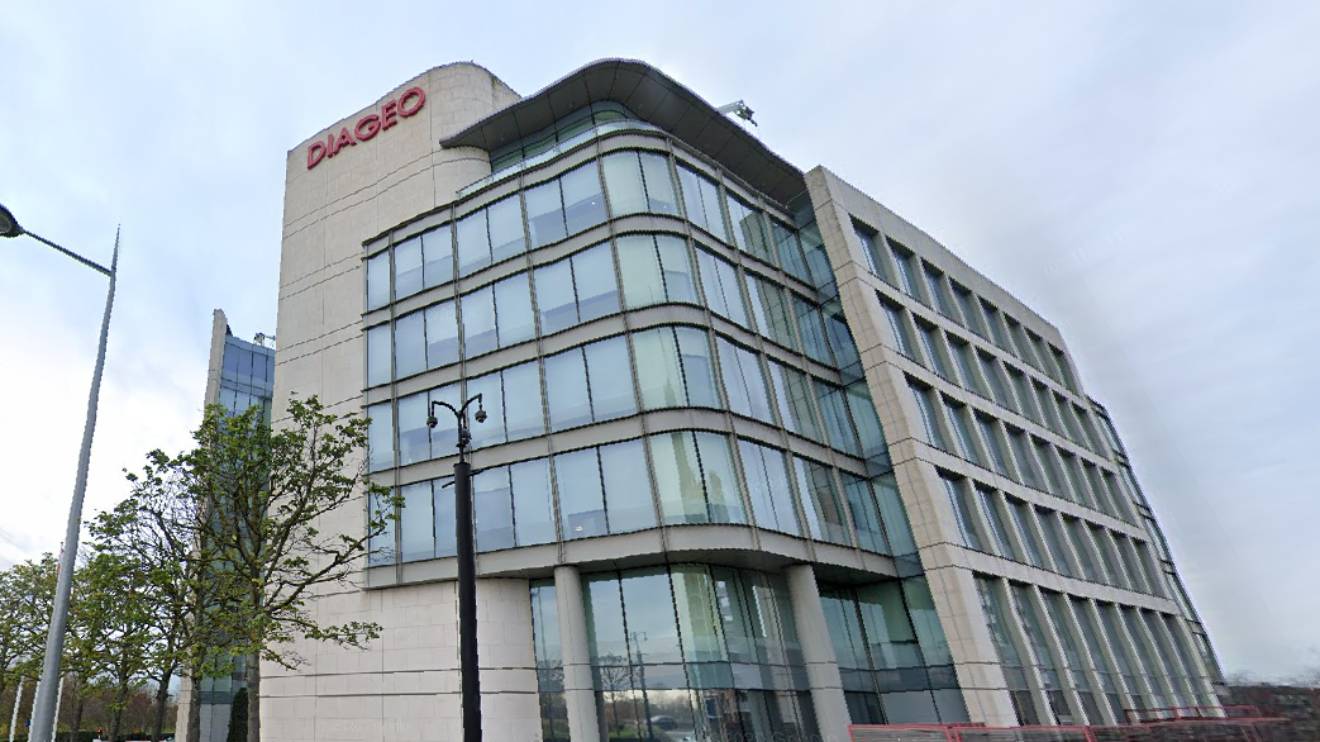
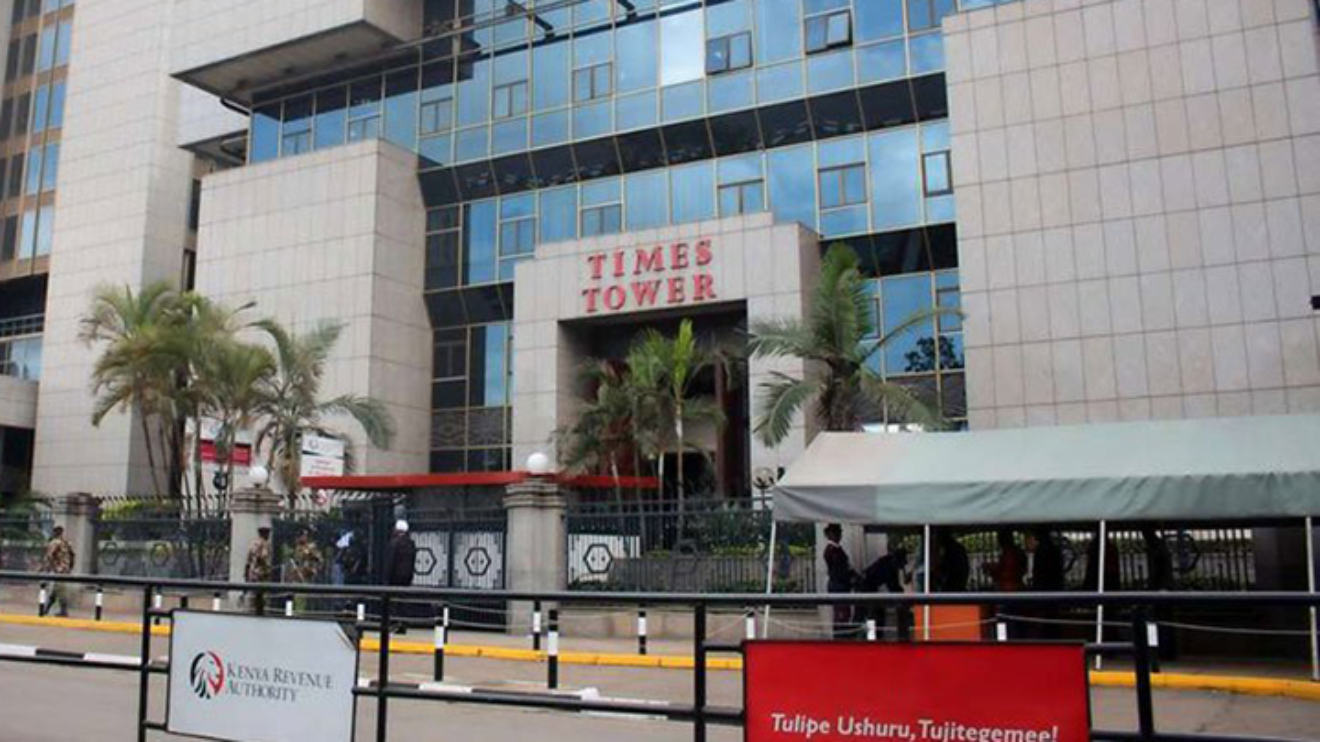
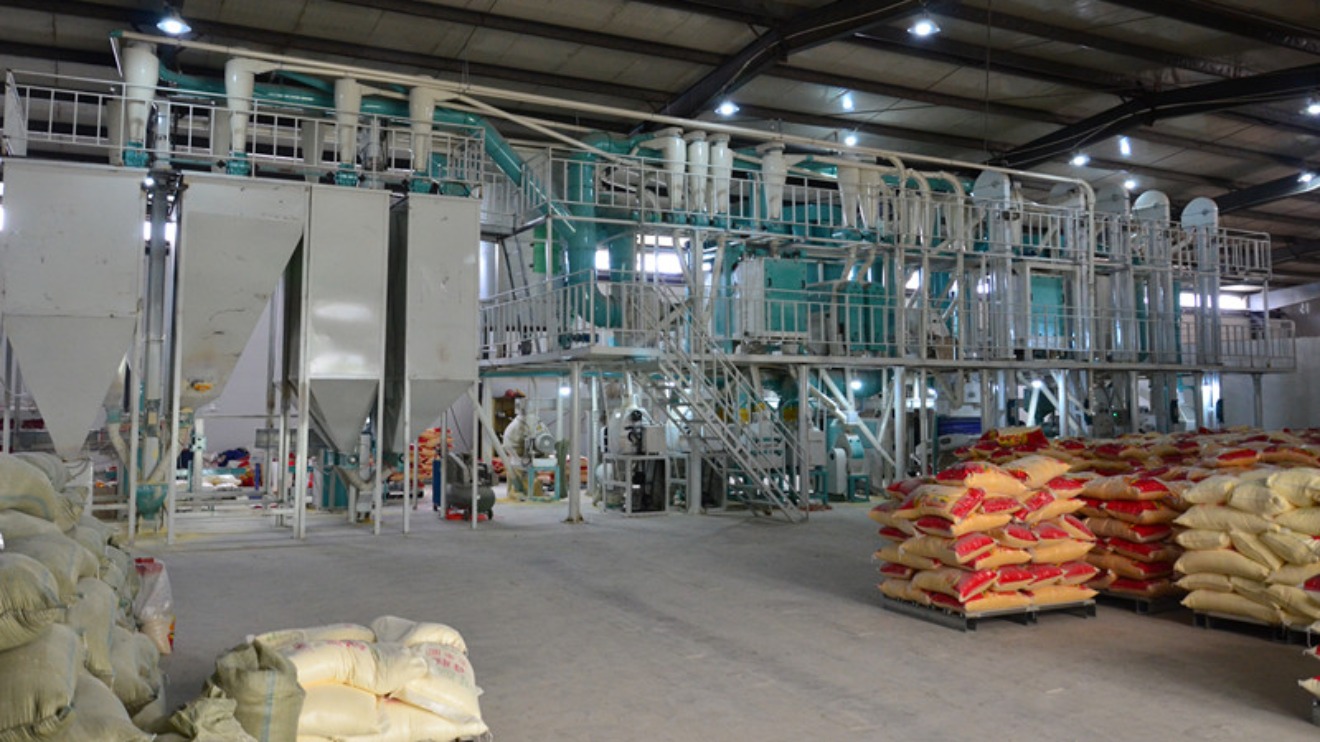
-1747692629.jpeg)
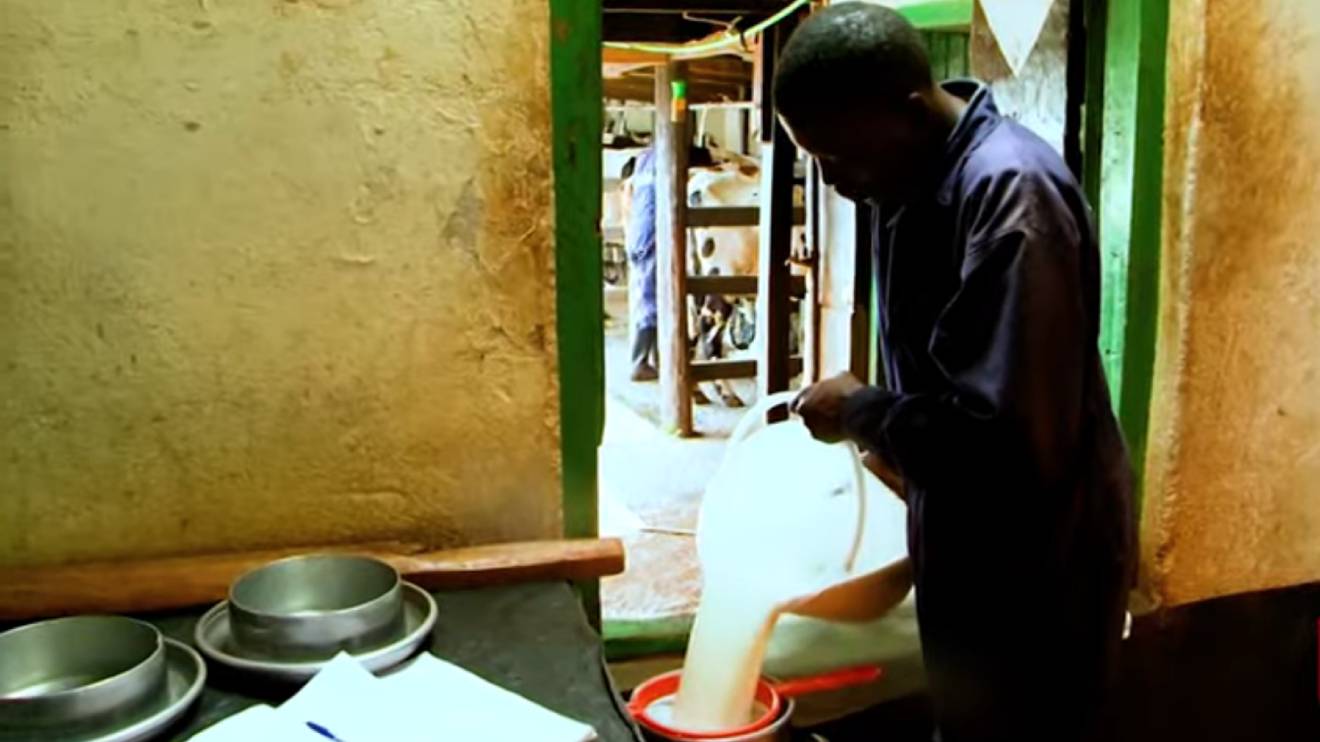
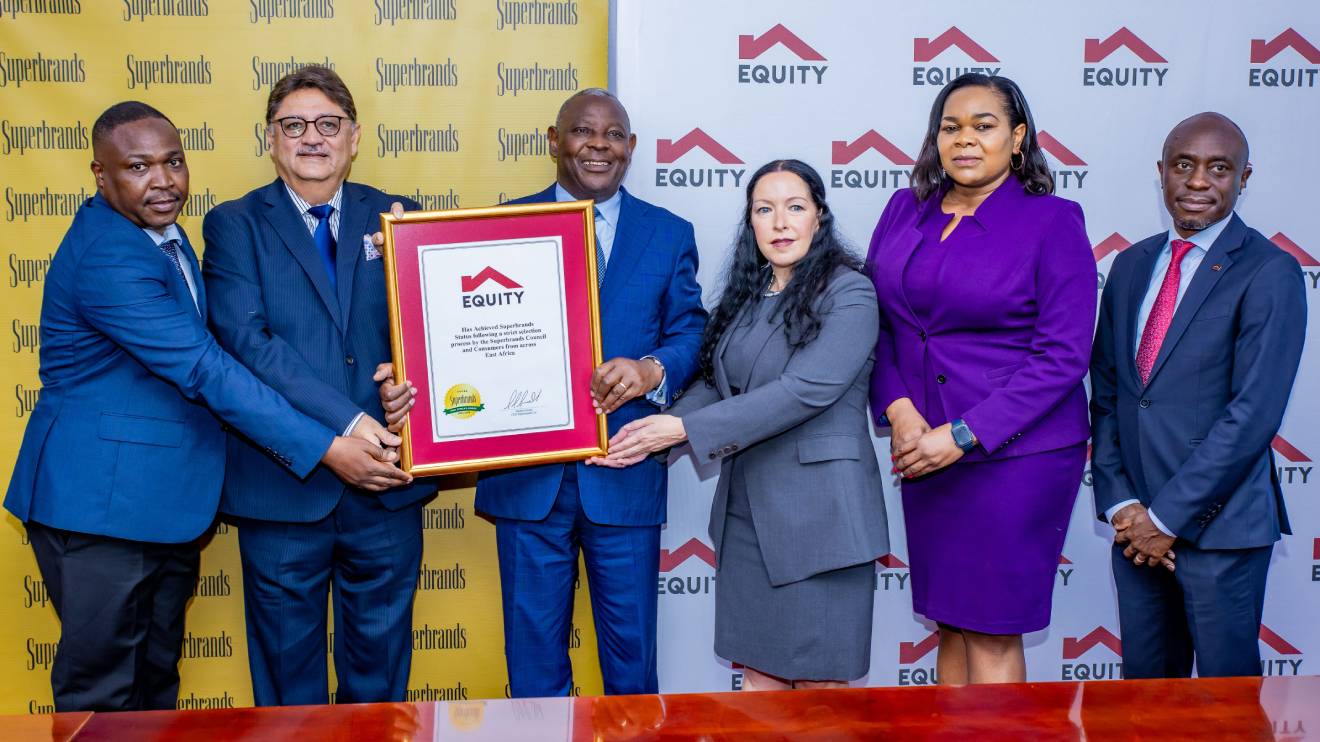
 (2)-1747750578.jpg)
